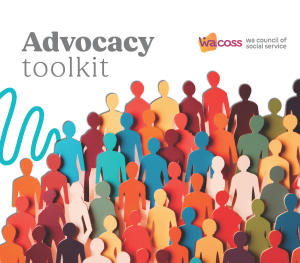Introduction
The Western Australian Council of Social Service (WACOSS) considers the minimum wage to be a vital means of protecting low-income workers from poverty, which also delivers economic benefits to the wider Western Australian community. An adequate and appropriate minimum wage level supports a decent standard of living for working people and their families. It ensures a fair and inclusive economy that enables us all to thrive. As the peak body for the community service sector in WA, and as an advocate for people experiencing marginalisation, disadvantage and hardship, WACOSS has a particular interest in the adequacy of living standards and quality of life experienced by Western Australians living on low incomes.
WACOSS’s submission to the 2021 State Wage Case relies on the provisions in the Industrial Relations Act 1979, at Clause 50A(3)(a) for the Commission to consider in its determination of minimum rates of pay the need to:
i. ensure that Western Australians have a system of fair wages and conditions of employment; and
ii. meet the needs of the low paid; and
iii. provide fair wage standards in the context of living standards generally prevailing in the community; and
iv. contribute to improved living standards for employees; and
v. protect employees who may be unable to reach an industrial agreement; and
vi. encourage ongoing skills development; and
vii. provide equal remuneration for men and women for work of equal or comparable value.
In preparing this submission, WACOSS has carefully considered the changing economic and workplace environment for low-wage workers, and the health of the wider economy. We have reviewed the state of knowledge in related areas and considered the latest research and analysis to ensure our submission is up to date and directly relevant to the lived experience of minimum wage workers in WA. We do so in order to provide the Commission with the best available data and analysis upon which to base its deliberations. This year we have also analysed the latest data on the impacts of the COVID-19 pandemic and associated economic impacts on employment conditions.
WACOSS’s claim
WACOSS submits that an increase to the State Minimum Wage rate of 4 per cent or $30.40 per week is consistent with the need to meet the needs of the low paid and to contribute to improved living standards for employees; and is a sensible and measured increase in the context of the state of the Western Australian economy.
At the same time, however, many Western Australians and in particular those who are low paid, are facing significant living cost pressures and increased financial hardship.
The primary basis for WACOSS’s claim, as a result, is that our proposed increase to the State Minimum Wage is needed in order to in order to meet the needs of the low paid and to contribute to improved living standards for employees.
For low paid workers in WA, the cost of housing has skyrocketed, leading to a significant affordability crisis. The median rent for a unit now accounts for over 51 per cent of the State Minimum Wage, while the median rent for a house is nearly 57 per cent. Community service organisations are inundated with calls from people seeking assistance to address their rental situation.
At the same time, households have faced increasing costs in other areas, such as food and beverages, which add to the financial burden low paid workers are facing. The evidence shows that low income households who experience a sudden additional expense are likely to lower their food budget, or skip meals, to compensate. Increasing the minimum wage and the purchasing power of low-wage working families can help protect households against food insecurity, help low-wage earners afford a more nutritious and sufficient diet, and may help alleviate the growing trend of food insecurity across the state.
Child poverty rates in WA have also continued to increase, rising almost five percentage points over the last decade. 94,000 children in WA are growing up in families living below the poverty line. In this submission, we have highlighted many examples where single parents on the minimum wage are unable to meet their living costs, including a real life example from someone who was kind enough to share their story with WACOSS.
By increasing the minimum wage so that workers are provided with a decent standard of living, well above poverty levels, we can make our economy more inclusive and sustainable, and ensure its benefits are shared more broadly. The evidence from the COVID-19 crisis shows very clearly that the stimulus boost to lower income households in 2020 provided by JobKeeper Payments and JobSeeker Supplements had a significant impact on the strength and resilience of our economy.
WACOSS recognises that, as a result of the high level of uncertainty faced by the WA community last year, the WA Industrial Commission determined that it was necessary to delay the increases to the state minimum wage and award rates until the first pay period after 1 January 2021. It is the contention of WACOSS that Western Australia is now in a significantly more secure position than it was 12 months ago, meaning that the necessity for such a further delay is not present. WACOSS further contends that the data and analysis in this submission demonstrates why an increase from 1 July 2021 is necessary in order to meet the needs of low paid workers in Western Australia.
With clear evidence of Western Australians experiencing significant living cost pressures, WACOSS considers a 4 per cent or $30.40 per week increase to be essential in meeting the needs of the low paid and to contribute to improved living standards for employees.




